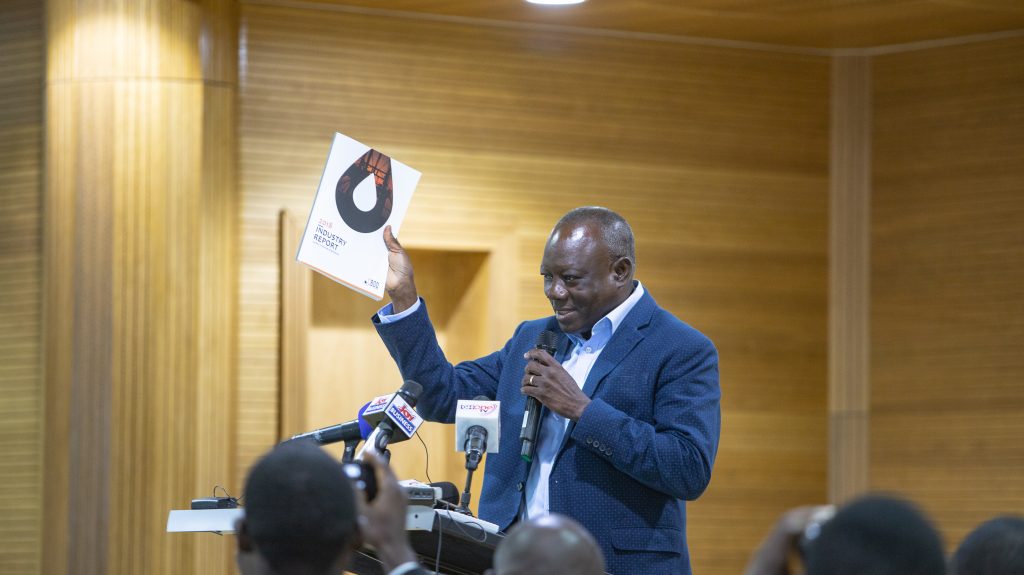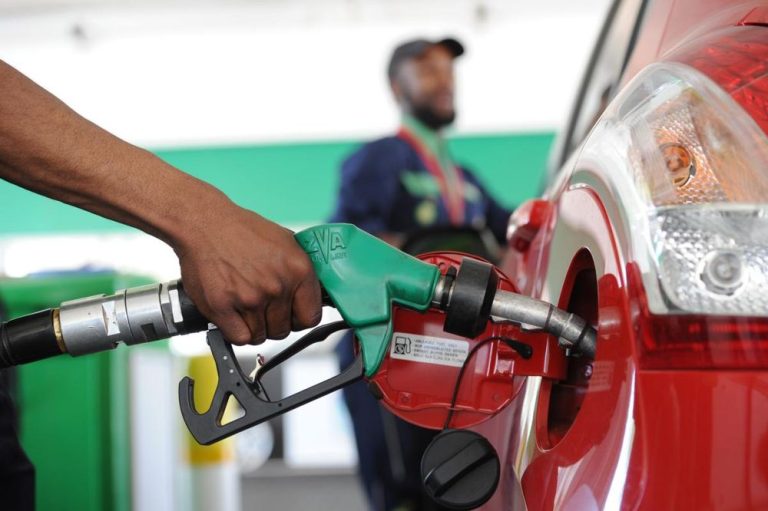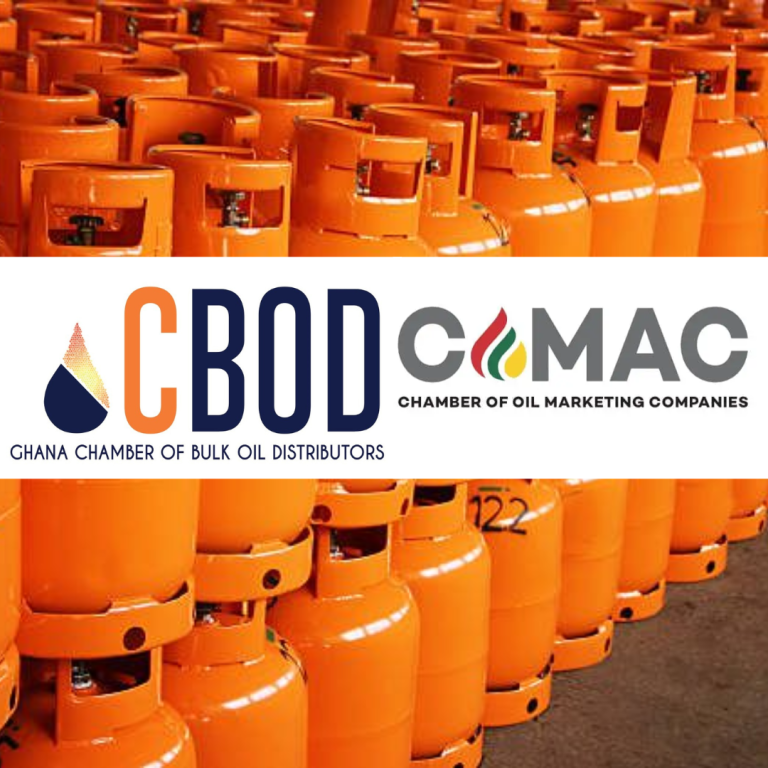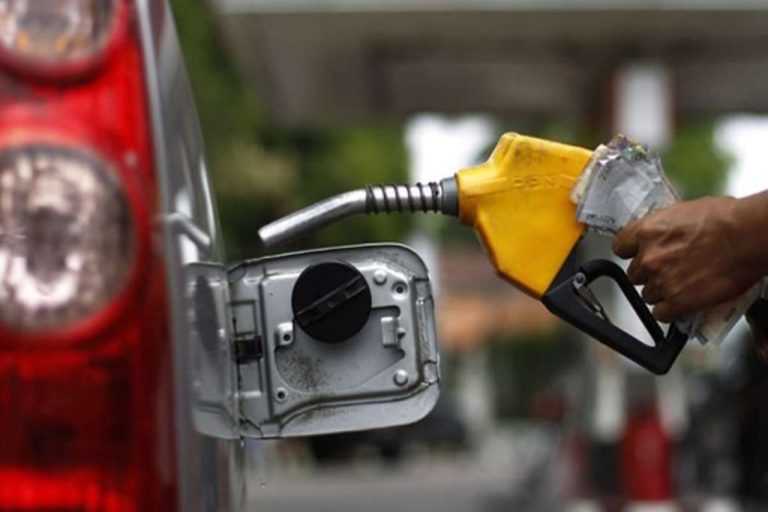The Chamber of Bulk Oil Distributors (CBOD) will, on Tuesday, launch its 2018 industry report. Among the key issues highlighted in the report include fuel quality policy, license rationalization, health safety security and environment policy, Ghanaian content and Ghanaian participation policy.
The report also talks about steps taken by the National Petroleum Authority (NPA) to address fuel smuggling in the downstream petroleum sector.
On the issue of the Liquid Petroleum Gas (LPG) policy intervention, the report projects disruption in the gas market structure.
“The report anticipates the likelihood of an upward pressure on pre-tax prices of LPG and disruptions in the marketing and retailing structure of the LPG industry. It also projects significant disruptions in the retail market structure for LPG. The LPG Marketing Companies’ (LPGMCs) dominance of the market (62% share) is expected to be threatened by the more consumer-friendly Oil Marketing Companies (OMCs) (38% share), which are generally more accessible by virtue of their location, and significantly out-number the LPG outlets by a ratio of about 5:1.”
Again, the report also calls on LPGMCs to invest in consumer-friendly outlets which are likely to improve their businesses. “It may be necessary that LPGMCs swiftly invest in multiple consumer-friendly outlets, like self-service propane outlets in the US, which are operated at supermarkets, and develop a delivery-to-consumer option to stand a fighting chance of maintaining their market share.”
The report also commends the government for the payment of legacy debts to the BDCs.
“There was progress made on government’s legacy debt to BDCs with the payment of all outstanding principal sums (US$427.11 million) and the validation of the interest components. This brings to total an amount of US$806.25 million in subsidies incurred by government through its subsidy policy between 2011 and 2015. A total of US$929.58 million has been paid between 2011 and September 2019, with a total of US$52.62 million outstanding and expected to be paid by year end 2019. The total haircut accepted by BDCs amounts to US$432 million.”
The African Center for Energy Policy (ACEP) contributed to the report
—The Chronicle





